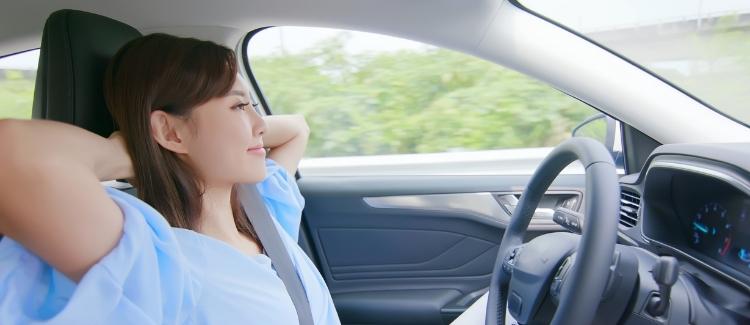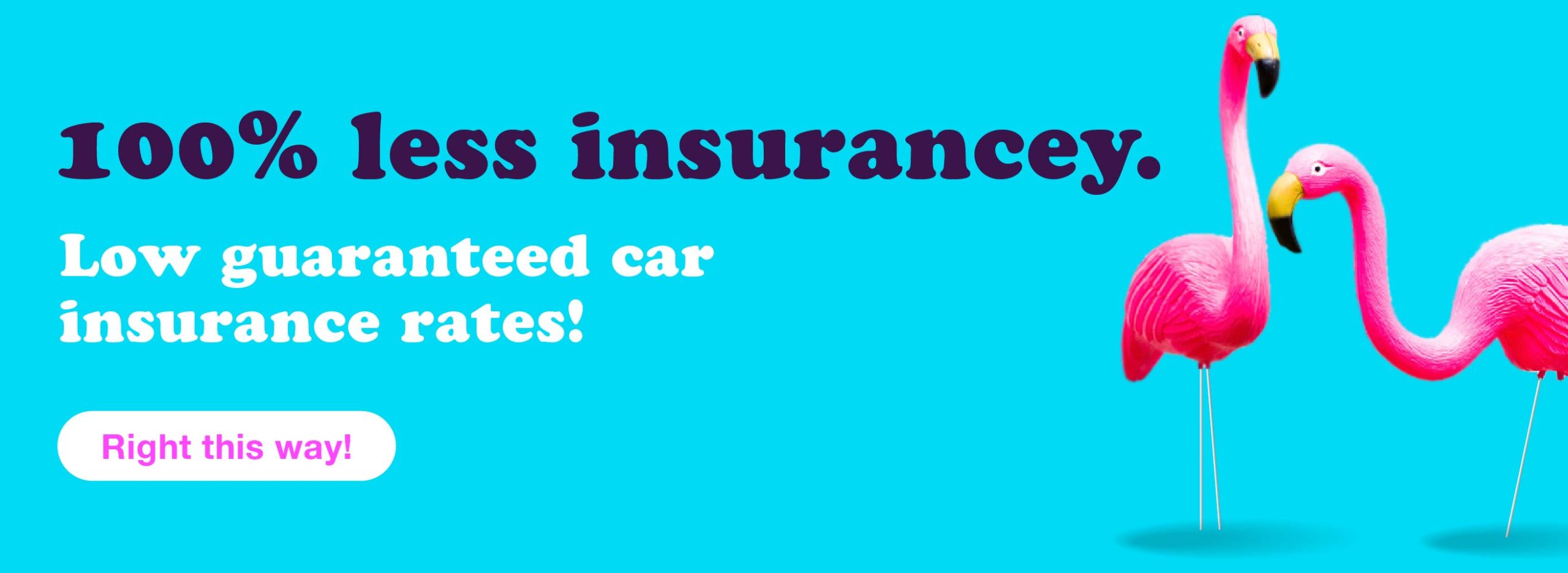Self-driving cars have been the stuff of science fiction for decades, but thanks to innovation, invention, and technological advancements, these autonomous vehicles have become a reality on our roads. But what self-driving cars and insurance issues will that raise?
Even though driverless cars aren’t yet an every-day kind of experience, their existence still has many drivers wondering how their presence on the streets might impact insurance rates. To address some of these concerns, we’ll talk about the logistics of self-driving cars on the roads, how self-driving car accidents could affect your rates, and how they could actually reduce insurance rates for all drivers.
Rates, self-driving cars and insurance issues
The overwhelming majority of car accidents that occur today are the result of driver errors. Because driving and claims history play such important roles in determining auto insurance rates, self-driving car accidents will be much rarer, and are likely to reduce insurance rates for drivers.
Despite the few (and sometimes tragic) stories that have appeared in the news about accidents involving driverless vehicles, they will help to eliminate driver error as a factor in future collisions. That’s going to translate into safer road conditions and lower premiums for drivers.
Moreover, self-driving car manufacturers have so far assumed much of the responsibility for the accidents that have occurred involving their vehicles, so even if your vehicle is involved in a collision, it may not impact your rates.
Fewer self-driving car accidents mean lower insurance rates
However, driverless car operators aren’t the only ones who stand to benefit from these vehicles. Insurance rates for all drivers may decrease as more and more self-driving cars appear on the roads. This is just one aspect of how insurtech is expected to lower all of our premiums over time.

Here’s how that will work: more driverless vehicles will minimize human error on the roads, which reduces risk for everyone. Safer streets will mean fewer accidents and fewer claims across the board, resulting in lower insurance rates for every driver. The new technology should reduce problems related to self-driving cars and insurance issues.
Self-driving cars and insurance issues are still on the horizon
Because self-driving cars are so new to the market, there aren’t many precedents for insuring them, so it’s possible the cost to insure an autonomous vehicle today could still be more than a regular car. Moreover, the types of insurance required to cover self-driving vehicles may change over time.
That being said, the consensus is that insurance rates will go down thanks to the introduction of these high-tech vehicles. As it is now, drivers of vehicles that are equipped with automated safety features—such as blind spot warnings, lane departure detection, collision prevention, and pedestrian detection—are already being rewarded with lower insurance premiums.
It stands to reason that vehicles with even more advanced technology than that will reduce self-driving car accidents further, lowering rates for drivers across the board.
The good news is that self-driving cars are proving to be safer than human-operated vehicles, and this will likely result in fewer problems related to self-driving cars and insurance issues. As such, most experts and analysts agree that self-driving cars will eventually lower insurance rates, but at the moment it’s too early to tell how much rates will be affected and when drivers can expect to see changes.






